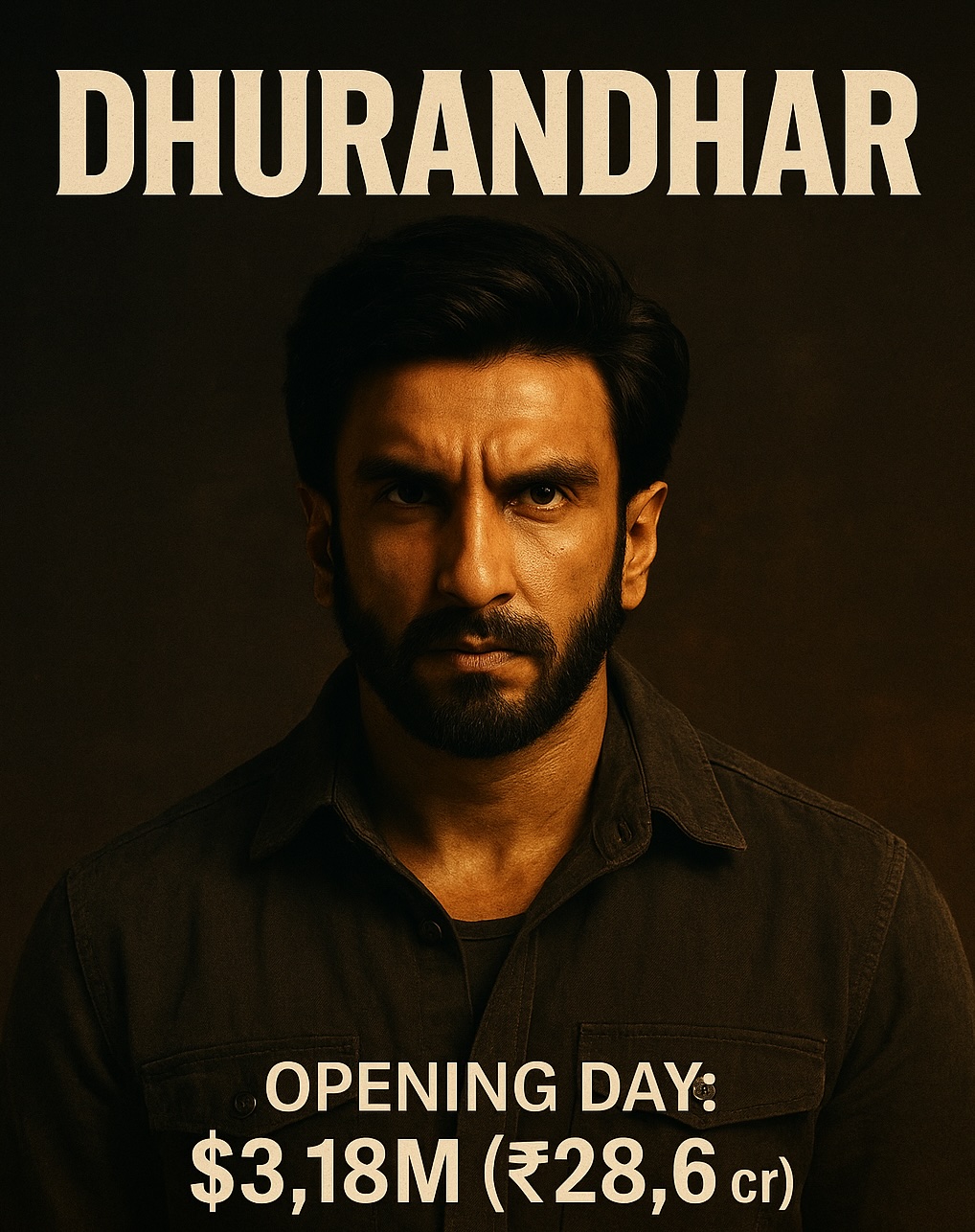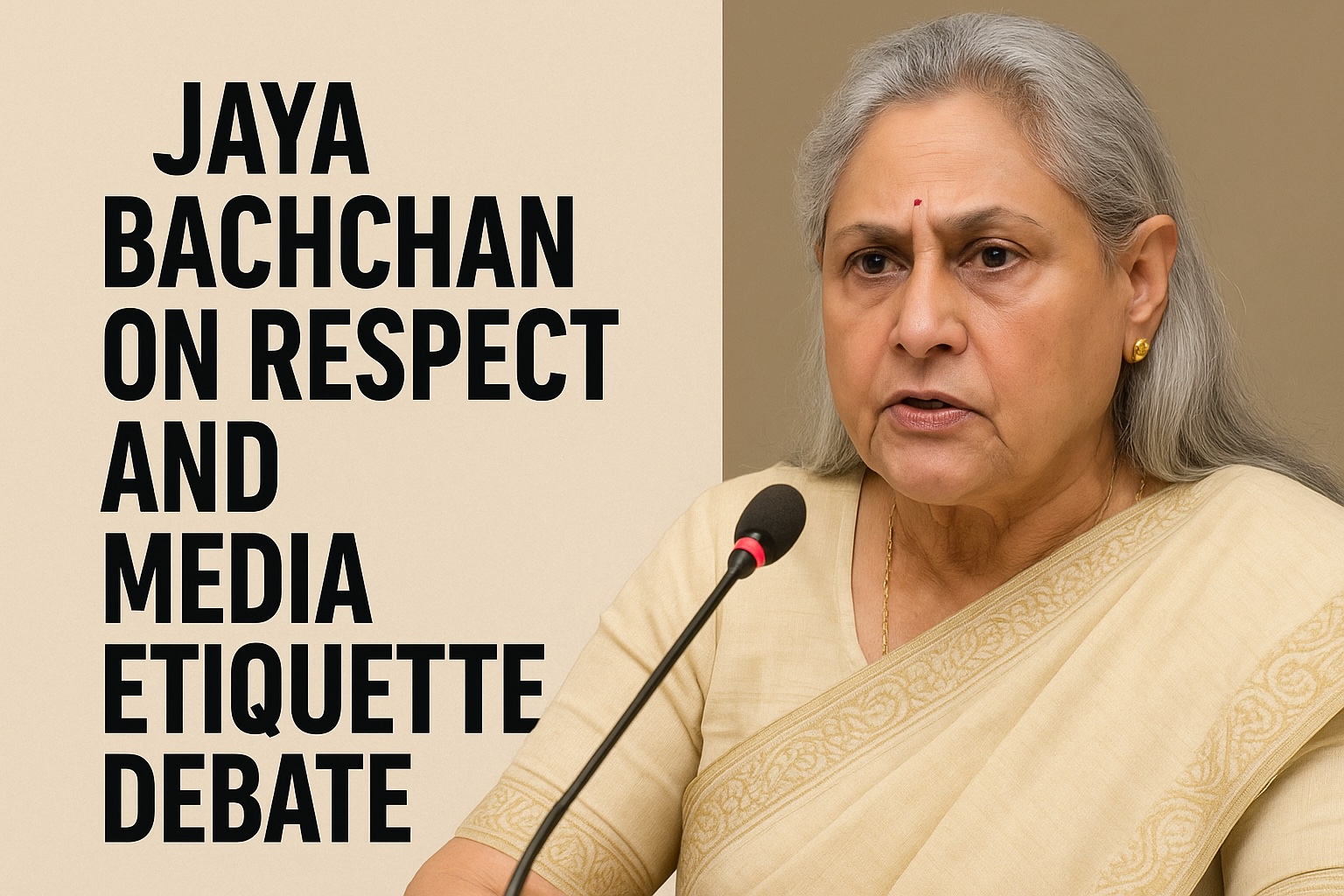
Prasoon Joshi is a busy man. Not only is he the CEO of McCann in India, but also a lyricist and, now, a scriptwriter in Bollywood. The man has received a lot of praise recently for bringing the life of Milkha Singh on screen with ‘Bhaag Milkha Bhaag’. He has Prakash Jha’s ‘Satyagraha’ coming up as well.
BusinessOfCinema sits down with Prasoon Joshi, the man behind songs from films such as ‘Rang De Basanti’, ‘Taare Zameen Par’ and ‘Hum Tum’, and talks about ‘Bhaag Milkha Bhaag’, ‘Satyagraha’ and the art of writing and composing.
BusinessOfCinema: ‘Bhaag Milkha Bhaag’ has been very successful. How does it feel?
Prasoon Joshi: It feels good, especially because it’s my first script. I’m happy that people liked my writing and embraced the film. Everybody works hard. Nobody works with the intention of making a lesser film. I don’t think I’m special. But I feel special right now. Also, cinema is a collaborative art and I’m thankful to the whole team that has worked on it.
BOC: You’ve written dialogues before for ‘Rang De Basanti’ and ‘Delhi 6’. So what was the major difference while coming on to writing the whole script?
Prasoon: When you’re writing dialogues, it’s someone else’s screenplay/story you’re working on. And here, when both are yours, you write in a flow. It’s more responsibility, but easier because you’re more in control. You’re not collaborating with anyone.
BOC: Since you met Milkha Singh, you had his life’s template set. Was it easier this way, or would it have been better if you had to start from scratch?
Prasoon: I think it’s tougher because I was interpreting his life. The fact that he turned back was a point of intrigue for everyone, and everyone in the past 40 years has been asking him why he turned back. And he used to say, “I was looking at how far I reached.” And when I thought about that – the most famous thing about him – the Rome Olympics loss – I thought, what if his past was calling him. That’s where the whole script in my head started.
Then I felt I had to psychologically understand the man. A writer’s job is to be a psychologist. Also, no story in the world is fictitious, I believe. We all borrow from life, something or the other. I have inflicted a lot of my own sensibilities through the canvas of Milkha Singh.
BOC: So while you were writing the script, was Farhan already decided on, as the lead?
Prasoon: No, Farhan was not decided. I started writing the script 3 years ago and that time there was no one in my head. It was me, Rakeysh Mehra and Milkha Singhji – just the three of us. Farhan came later. The day Farhan came, there was a new sort of meaning to the film, a new life to the film. He added the whole the definite element to the project, that it is happening for real. Before that I thought, I’m writing this script, I don’t know where it will go, who’s going to do it. It was all my own trip. Things started falling into place after Farhan came on.
BOC: Coming to Satyagraha, you’ve worked with Prakash Jha before, was it any different this time around?
Prasoon: I think Prakashji is the most fantastic director. When he deals in politics, he has done politics. He understands it. Prakashji never touches a subject that is not him. That’s the reason he is at ease with it. And I enjoy working with him a lot. Prakashji respects the writers and their ability to add and contribute. If you see the songs of Satyagraha, they have experiments all over. ‘Janta Rocks’ has advertising in it. It’s quite experimental in nature. There’s a traditional thumri experiment I have done in ‘Raske Bhare’.
BOC: So what is your writing process, tune first or lyrics first?
Prasoon: Writing songs for ‘Bhaag Milkha Bhaag’ is very different from writing songs for ‘Satyagraha’. Because ‘Bhaag Milkha Bhaag’ is my script, I know where to fit in the songs. For instance, I had written a song called ‘Brother and Sister’, but finally I did not use it. I felt I’d said what I wanted to say in the scene. Why should I repeat myself? ‘Satyagraha’, I was brought in at a later stage as a lyricist. And for me, the thought is important. There are four music directors in the film, but I’m the only writer. But there’s a consistency of thought there.
Any poet would prefer to write poetry first. But I am also a musician. I’m a trained vocalist. I used to sing for All India Radio (AIR) myself. So I don’t even write the bars and all, I get the tune in my head and write to the tune. Many of my songs that have worked have been written to tunes. And to me, a good song is where you can’t make out what came first. It’s like the chicken-egg. I like that intrigue.
Sometimes, like when working with AR Rahman, he just gives me one line, he hums that, or calls me and sings and then I write to that one line. And then I start writing further myself. So it started with a tune, but then I started dictating the flow – he follows my writing. Sometimes I have written something, like ‘Rang De Basanti’ – the title track, I wrote it first, and then AR Rahman composed it later.
BOC: Is there a difference in the way you handle different genres?
Prasoon: I challenge myself. I keep choosing projects that will excite me. Like ‘Taare Zameen Par’ excited me: “Oh, how will I think like children?” I have a two and a half year old daughter and thanks to ‘Taare Zameen Par’, I’m so attached to her. I never thought about children so intensely before. I never thought about sports so intensely before ‘Bhaag Milkha Bhaag’.
And sometimes I feel you should do it for yourself. I did ‘Chittagong’ for myself. I never thought I’ll get a National Award for it. Suddenly one day a call comes that I’ve won a national award. “Chittagong? I thought no body had watched the film.”
BOC: But you also do very few films in a year, maybe two-three. Is this because of quality?
Prasoon: Not just quality, but also because I have a huge job as a CEO of McCann. I’m running an organisation where a thousand people work, not an easy task. So I can only do this much. And I want to do quality work. And if in any way I can make a difference to somebody’s life, I feel very happy.
BOC: We’ve not seen you write songs like ‘Munni Badnaam’ or ‘Sheila Ki Jawaani’. Is it a conscious decision to stay away from such songs?
Prasoon: What you do, is what you are. Your creation is a manifestation of yourself. ‘Bhaag Milkha Bhaag’ is what it is because I am designed in a certain way. Some other writer will write it very differently. For example, his brother’s character Makhan Singhji, was the most important person in his life. I did not feel that attached to that character. I did not have a brother myself. I have two sisters. So I left the brother aside. And I told Milkha Singh that after this film, no one will know that you have a brother. And fortunately, he was fine with it. The friend’s character in the end – I fleshed it out. I wanted to give a message of communal harmony through the friend’s character.
I don’t manufacture lyrics. I say it openly to whoever I work with, that I am expressing myself. Yes, I have to do justice to the scene in the film, but I also have to express myself, otherwise there is no reason for me to write. It is not like writing is a lucrative business. You do it because you have this compulsion because you are a creative person. So if you’re writing vulgar stuff, there has to be vulgarity somewhere within you.
BOC: As a writer, is there anything you wouldn’t want to tackle?
Prasoon: I don’t like exploitation of any kind. Truthfully, writing is self-expression and nothing should come in your way. But at the same time, there’s a certain self-censorship which I will do if it’s hurting a certain sentiment. Because ultimately when you use popular art platforms, it could mean that sometimes you appear on TV and people have no choice but to watch it, you have to be more sensitive towards what you’re saying.
BOC: So that way, when writing lyrics, is your mindset different when it’s a big film like ‘Bhaag Milkha Bhaag’ or a relatively smaller film like ‘Chittagong’?
Prasoon: I will treat everything equally. You look at songs from ‘Chittagong’. If it were a big film, they would have been blockbuster songs. But unfortunately what happens is that it is a small film, “let’s promote it lesser”. When I did ‘Chittagong’, I also did ‘Dekh Indian Circus’ – these two films I did not charge for. I did it just for the love of art.
BOC: You’ve worked with Shankar-Ehsaan-Loy, AR Rahman and Jatin-Lalit the most. What is the process of working with these three?
Prasoon: All thee are very different. Jatin-Lalit are very structured. They compose from top-to-bottom. Shankar-Ehsaan-Loy – we jam a lot, like buddies. AR Rahman is spiritual. It can happen in episodes. The initial part of the song can happen now and the rest of the song can happen after three months. With him, it’s more unpredictable and he likes it like that. Shankar-Ehsaan-Loy, more jamming and collaborative while Jatin-Lalit are more traditional way of composing.
BOC: So what are your next projects as lyricist?
Prasoon: After ‘Satyagraha’, there’s this film by a fine filmmaker called Shonali Bose who had done ‘Amu’ earlier – ‘Margarita, With A Straw’. Apart from that, there are talks happening with regard to other films, I have not said yes to any yet. I also just finished writing for AR Rahman for ‘Coke Studio’, I thoroughly enjoyed writing that. I never stop writing, it may not be for a film song all the time, but I keep on doing what I love.





